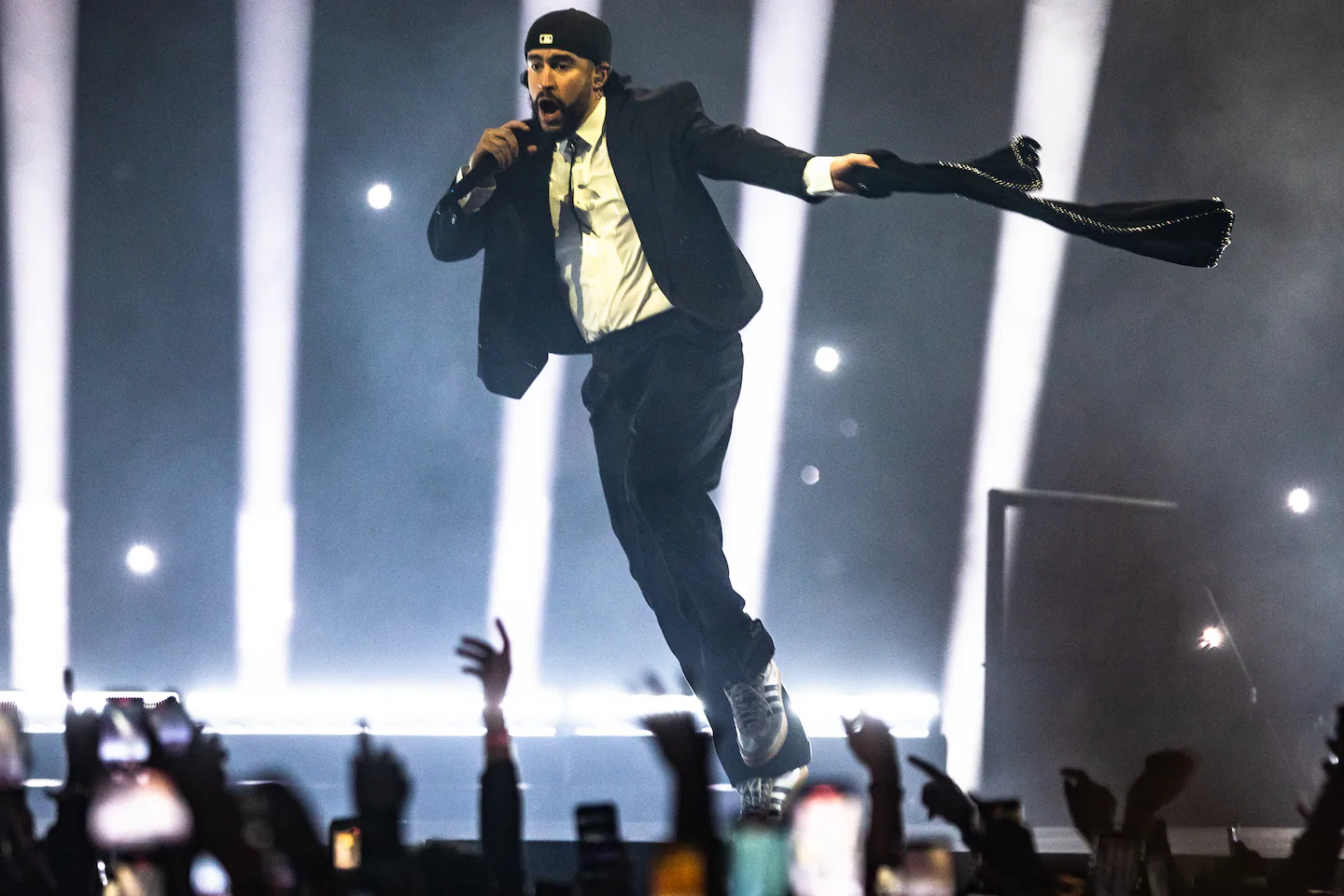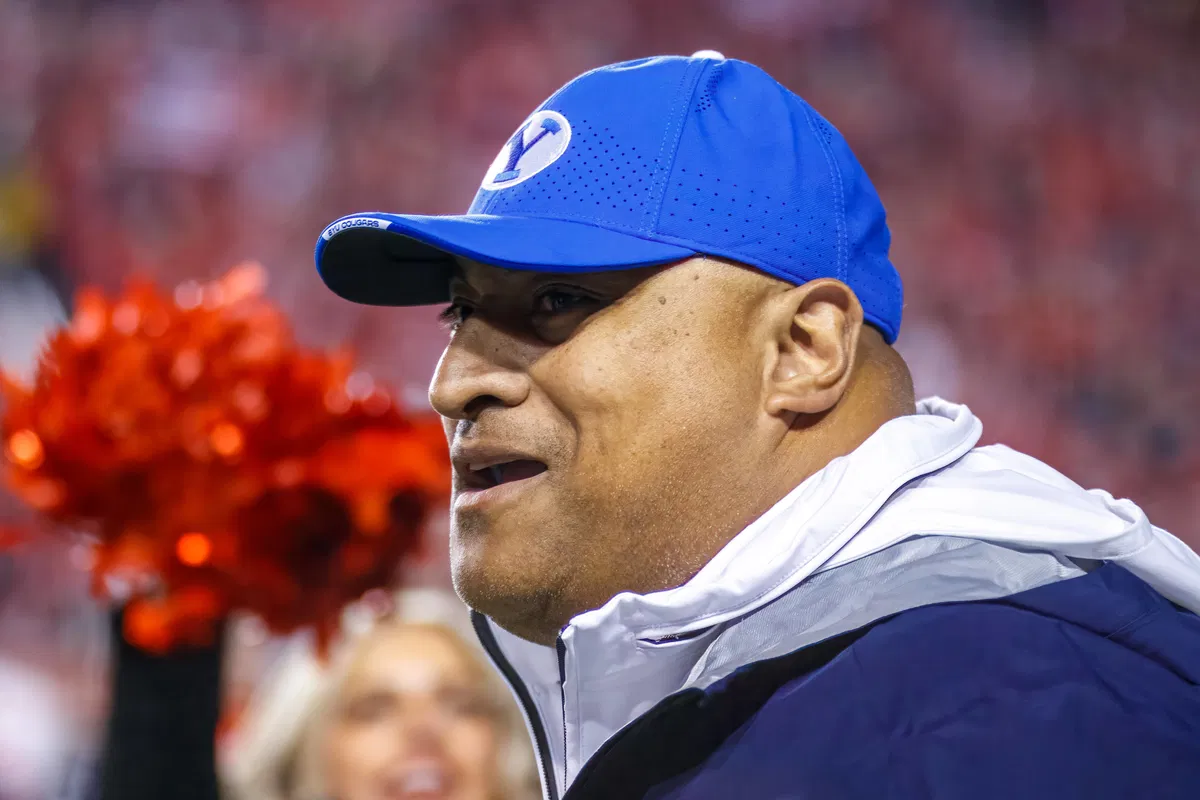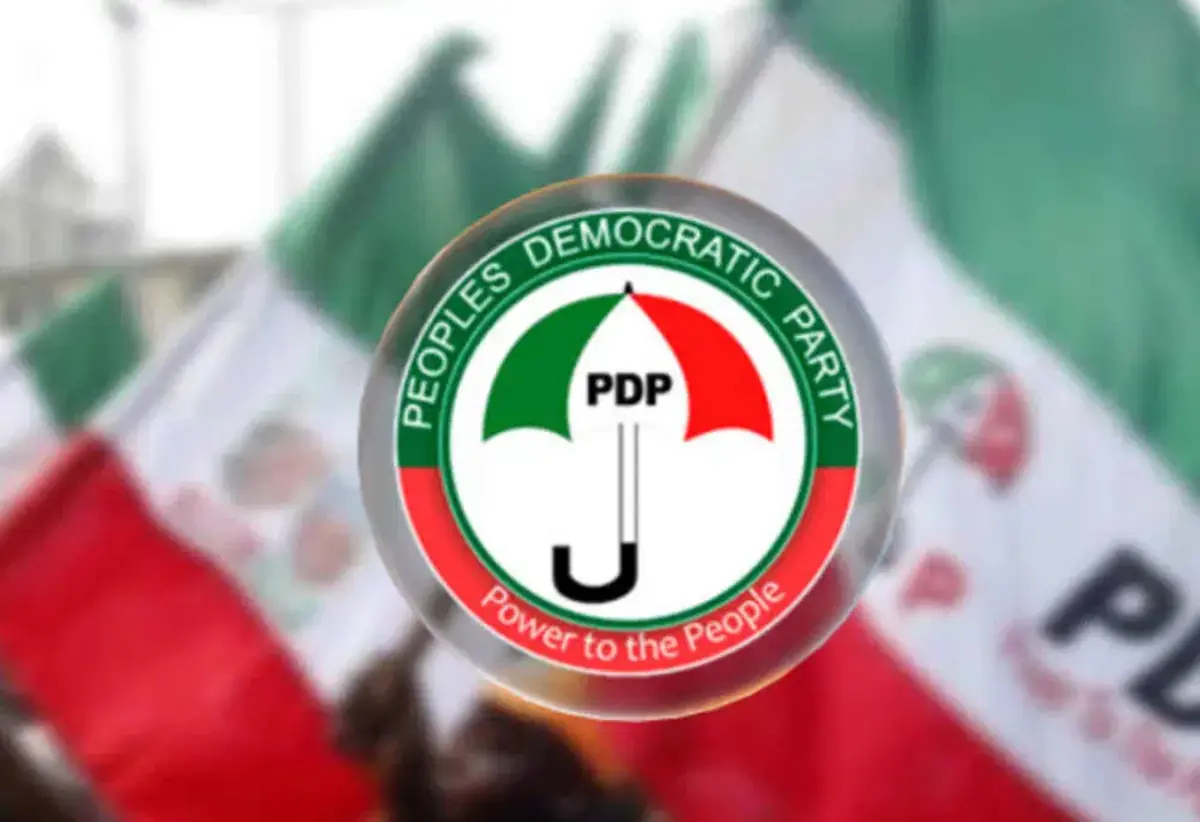Copyright The Boston Globe

It’s no surprise that Bad Bunny does well with his young fans. One of the world’s most streamed artists (he holds the single most-played album on Spotify, with over 20 billion streams.), he’s fresh off a month-long concert residency in Puerto Rico that drew more than half a million fans. But he’s also been critical of the Trump administration, and recently said he was “very concerned about” the possibility his concerts would become a target for Immigration and Customs Enforcement raids — which kept him from adding tour dates in the mainland United States. And there’s the fact that Bad Bunny, unlike some other Latin stars, primarily does not sing in English. To unpack the controversy, we spoke to one of the leading experts on Benito Martinez Ocasio, also known as Bad Bunny. Petra Rivera-Rideau teaches “Bad Bunny: Race, Gender, and Empire in Reggaetón” at Wellesley College. The course, she notes, is not just a fan club for the artist. It’s an exploration of how his music reflects real-world issues in his native Puerto Rico: everything from the island’s crumbling infrastructure to the gentrification and the impact of overtourism. Q. There are some people criticizing Bad Bunny, saying keep politics out of pop culture and away from the Super Bowl in particular. Is that fair? Rivera-Rideau: I think it’s kind of impossible to do that. In our current moment in particular, everything is interpreted as some kind of statement; you’re either pro-this or anti-that. We’re in this incredibly polarized political moment, so there is a part of me that thinks it doesn’t matter who would have done it — like, who could have done a halftime show and not been part of some sort of political maelstrom? In terms of business strategy, this [choice] to me makes quite a bit of sense. The NFL is trying to globalize; they’re trying to expand their audience. Latinos are one of the fastest and biggest growing groups in the United States. So I can imagine that having the most streamed artist in the world — this guy who not only sold out these residencies in Puerto Rico, but is selling out stadiums in Warsaw and in Sydney, Australia — it makes total sense. Everyone keeps asking me, is [Bad Bunny] going to make some profound political statement? I don’t know. But the fact that he’s even there at all is a political statement. He does not sing in English, so he is definitely going to sing in Spanish; the fact that we have a Spanish speaking artist headlining the Super Bowl in this moment, with all the ICE raids and anti-immigrant sentiment, that is a political statement already. The Super Bowl has traditionally been the domain of English-language artists. So when you see the backlash around the fact that he’s a Spanish-speaking artist, what does that say to you? I would say the Super Bowl is, obviously, not a federal holiday or anything — but it sort of functions that way in people’s lives. It’s a huge event, it’s one of the most watched things on TV. So to have a Spanish speaker be the halftime performer, in a moment when people have very, very strong feelings about the place of immigrants and Latinos in this country — it’s not surprising. This isn’t the first time that we’ve had this kind of backlash in the United States. The last time Bad Bunny was at the Super Bowl, when he and J Balvin joined Jennifer Lopez and Shakira in 2020, there was angst about them singing in Spanish, so there’s that. There’s also history. I think about like Jose Feliciano, who was a Puerto Rican born in Puerto Rico, raised in New York, who performed the national anthem with some conga drums and a sort of Latin-sounding guitar at the 1968 World Series. There’s the backlash, and there’s calls for his deportation, and all of these things that we also see with Bad Bunny — who is, of course, a US citizen, because he’s Puerto Rican, and all Puerto Ricans are US citizens. On the one hand, Bad Bunny is very consciously asserting a distinct Puerto Rican identity and culture. At the same time, he is obviously a natural-born American citizen. What do you make of that? There are studies that show that, in the United States, a lot of people don’t realize that Puerto Ricans are US citizens. So some of it, I think, might just be people literally not knowing that Puerto Rico is not a foreign country. In that sense, it’s not wholly surprising that people would be upset about this, or perceive him as a foreigner. But in general, Spanish in the United States has always been perceived as a marker of someone being from somewhere else. ... There’s a particular paradox of [Bad Bunny] as a Puerto Rican, but I think it’s also a general paradox of Latino identity in the United States, that Latinos are kind of perpetually understood to be foreign people, even if they’ve been here for generations. Bad Bunny has also talked about ICE specifically. How much would you say those particular political statements have factored into the reaction? I understand officials have said ICE will be at the Super Bowl. You know, I doubt the people going to the Super Bowl are people who are at risk of getting detained by ICE. The working-class immigrant community is not going to be buying Super Bowl tickets, I suspect. But at the same time, [Bad Bunny] uses his platform all the time, and this is one of the biggest platforms in the world. ... The criticism of him “hating America,” I mean, we are seeing this with the protests, with the attacks on universities ... anyone critical [of the current administration] is being painted as someone who hates the United States or wishes the US to fail. We’re still a couple months away from the performance. But do you have an idea of how your class at Wellesley might talk about this after the fact? One of the themes in the class is the language politics in the United States. And one of the things that makes Bad Bunny unique is that — you know, someone like Shakira, who is also probably one of the largest global pop stars of our time, when she initially crossed over into mainstream audiences in the United States, she had to do it with English. It’s remarkable that [Bad Bunny] has been able to do this without singing in English. If you look at his discography, everything is always different. He’s not like a one-trick pony. He can span genres and and musically do very different things, and his performances have really different vibes depending on the album. So it’s hard to even know what will happen, because I anticipate there will be something interesting and new that we can’t really predict. This interview has been condensed and edited for clarity.



